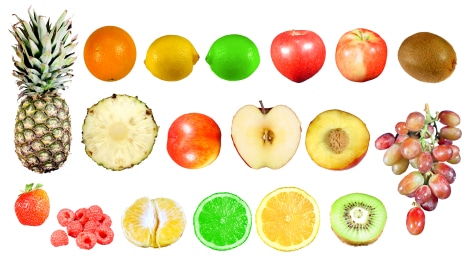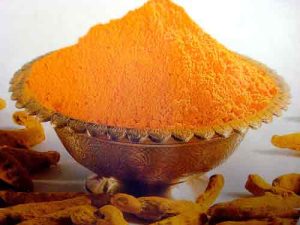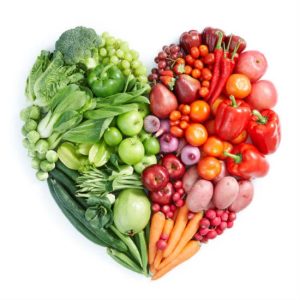Are your ALLERGIES aggravating you?
If you’re like many, this allergy season, you have stocked up on your favourite allergy medication and manage to control symptoms with the recommended daily dose of ‘chemical’ help. Allergy meds, like all pharmaceuticals, come with a wide variety of side effects** and have an affect upon the liver, over time and so alternatives, when possible, should be considered and can be life-enhancing ~ a GOOD thing!
The choices that we make EVERY DAY affect our health. Whether it’s the type of clothing we buy, the sort of food we choose to eat, the kind of TV we enjoy watching or the basic choices we make regarding our home’s health – our cleaning ‘habits’ ~ all combine to affect 'the big picture'. The food we consume can make a huge impact on how we feel. If you or a member of your family suffer with allergy symptoms, you may want to consider adding some of these foods to your meals!
Phytonutrients are plant compounds, which can assist the body to deal with allergies. Research indicates that increased consumption of specific foods does indeed support optimum health. I’ve started to see this as a type of “functional food”. In this case, the phytonutrients are anthocyanin, curcumin, hesperetin and quercetin.

Anthocyanins are found in most purple and dark red coloured foods.
Berries
Beets
Cherries
Grapes ~ Red or Dark purple
Curcumin is the active ingredient in Turmeric (Curcuma longa). Turmeric, with its extraordinary yellow, is the anti-inflammatory star within the curries of Indian cuisine. Check out this post to learn more about this powerful herbal ally.

Hesperetin and it's relative Hesperedin protect and support healthy blood vessels. Known for it's ability to calm hayfever, it is also anti-carcinogenic, anti-inflammatory, highly antioxidant and notable for its cholesterol-lowering actions.
Anti-Allergy Foods which contain Hersperetin include lemons, oranges, tangerines + the herb: peppermint. Of this list, lemon juice = the highest concentration. We know lemons are good for us -- now we have another reason for lemon water in the morning!

Quercetin has become known as nature's anti-histamine. It is available in supplement form and often includes the enzyme 'bromelain' (from pineapple). It is definitely a good non-drug alternative for those wanting relief from heavy-duty allergy symptoms like sinus congestion, runny nose, itchy eyes etc. Check out the package directions for the daily dose; usually 400- 5oo mg twice daily. (see source below)
Foods containing Quercetin:
Berries
Cabbage
Cayenne
Cauliflower
Garlic
Onions
Parsley
Peppers
Tea ~ black, green or white tea.
I use a Quercetin supplement which I purchase online here ~ which I have found to be helpful with clients + family members too.
SUPPORTIVE IDEAS:
- Choose to eat more food containing the above phytonutrients. Plan your meals to include lots of fresh fruits and veggies. One more reason to eat lots of fresh food!
- Drink healing nourishing herbal tea blends to build up your body's balance. Add nettle leaf tea to help your body ~ may help to reverse allergy symptoms.
- You may benefit from regular supplementation; including Quercetin and a daily dose of 'food source' vitamin C like this one:
Vitamin C
**To learn more about the mechanics of "allergies" and some of the side effects of allergy medications, click HERE.
Poor indoor air quality plays a HUGE part in how you and your family experience life. Many people live in a home filled with hidden allergy triggers, overflowing with chemicals. How is the indoor air quality where you live?
Wishing you great health every day!
Carol



Leave a Reply